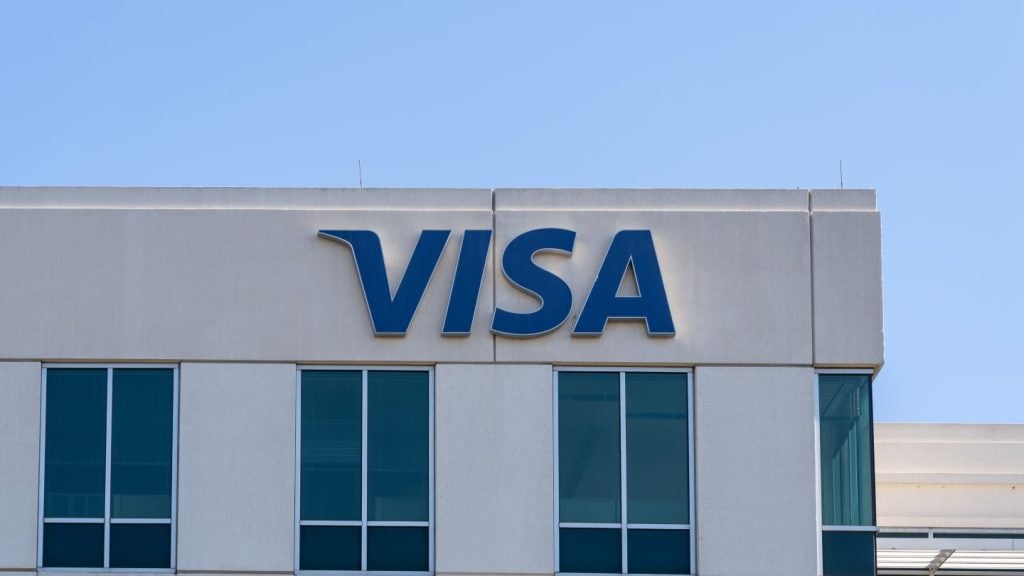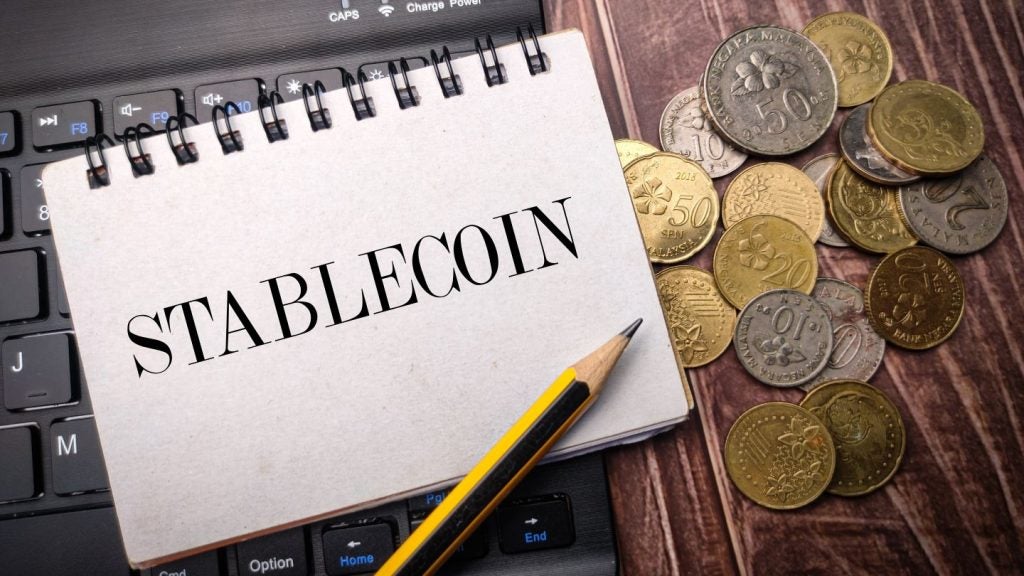As millions adjust their routines, there has been a clear shift in the role of alternative payments in e-commerce. The US in particular shows potential for evolution in the relationship between consumers, online shopping and a growing selection of payment options, writes Skrill CEO Lorenzo Pellegrino
Our research from April 2020 shows that 25% of US respondents had never made an online purchase prior to the Covid-19 pandemic.
Extended periods of self-isolation have also acted as a catalyst for educating customers on the benefits of alternative payment methods, digital wallets chief among them.
That education is essential in the US, where its consumer economy has a reputation of being reliant on cash and has been slower in adopting new payments technologies. Our research supports this positioning, as 75% said they would be worried if they could no longer use cash.
But the last few months have compelled many of those respondents to explore alternative payment methods, including digital wallets like Paysafe’s Skrill, online cash and cash-replacement products, which support online shopping as well as contactless in-store transactions.
In terms of safety and security, 60% said that using contactless payments more frequently during Covid-19 has made them more comfortable with using such methods in the future, while 57% said it makes them more comfortable with the concept of a cashless society.
The research also revealed that digital wallets (36%) were the third-most popular online payment method among US consumers behind credit and debit cards.
While cards remain the country’s preferred contactless payment method, customers now have the opportunity to familiarise themselves with alternative methods and re-evaluate their expectations with regards to convenience, security and added benefits such as rewards programmes.
Demand for diversity
Addressing these needs has been key to our product development at Skrill, where we prioritise the omnichannel experience across our digital wallet, mobile app and the Skrill Visa Prepaid Card that we launched in the US in January.
By empowering consumers with a wider array of options, digital wallet providers can facilitate their engagement and adoption of solutions on a long-term basis.
The importance of responding to these needs is highlighted by the 60% of respondents aged 18-44, who anticipate shopping online more after Covid-19 subsides. This represents a demographic with the ability to influence how committed e-commerce businesses will be in adopting emerging payment technologies.
Younger audiences are also major consumers of online gaming and gambling content, which is a notable area of differentiation with credit cards that often require an existing bank account and can be more restricting in the allocation of funds. Digital wallets can leverage this distinction to fortify their presence in the US market as they build consumer trust and elevate their position as mainstream solutions.
Key to buttressing that mainstream position is effectively communicating the advantages of digital wallets, including streamlined KYC processes, convenient options for uploading funds and efficient customer support.
Complementary benefits will also be a factor in determining to what extent consumers embrace these solutions. Such benefits may include VIP programmes for dedicated customers and services that help users transfer funds easily and quickly to friends or family.
These are two core components of our own value proposition, which includes our recently launched Skrill Knect loyalty programme in the US and Skrill Money Transfer service that allows users to send financial support overseas without incurring any fees from Skrill. These are all services that can help frame digital wallets as viable alternatives to traditional banking services.
Unbanked, underbanked
A desire for alternatives can be seen in the 43% of respondents who chose ‘customerfocused’ as how they would describe businesses that offer more payment methods beyond cards.
For many, however, the demand for choice is more about necessity than convenience. This is especially the case in the US, where a sizeable segment of the population is either unbanked or underbanked.
According to the 2017 biennial National Survey of Unbanked and Underbanked Households conducted by the Federal Deposit Insurance Corporation, approximately 25% of households, representing some 63 million adults, were either unbanked (6.5%) or underbanked (18.7%).
These numbers should instil in businesses a sense of obligation to integrate additional payment options that will empower relevant demographics to participate more vigorously in the consumer economy.
While survey results support the position that digital wallets will continue to grow in popularity, it is also important to consider the potential of other alternative payment methods mentioned earlier, including prepaid online payment vouchers such as Paysafecard, online cash – or e-cash – and mobile wallets. These are solutions that can address the long-term needs of the unbanked and underbanked as well as millennials and the emerging Gen Z demographic.
As businesses strive to respond to the immediacy of an evolving US e-commerce landscape, it is also important to be mindful of the traits that will define those demographics with the greatest long-term purchasing power.
Whether it relates to their enthusiasm towards an abundance of choice or complex relationship with traditional banking, they will be crucial influencers when it comes to driving the widespread adoption of alternative payment methods







